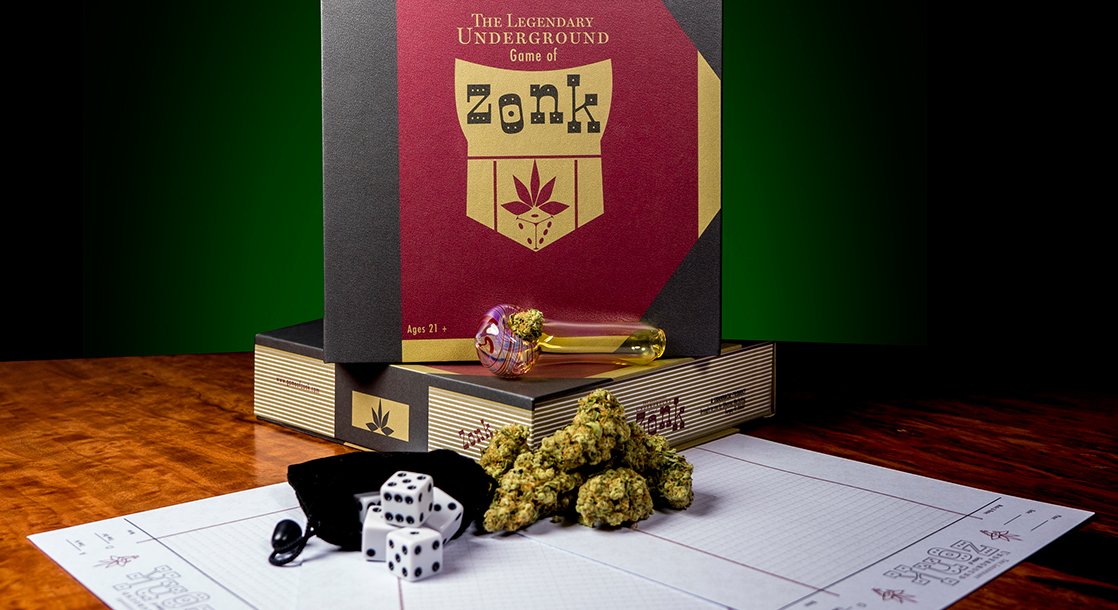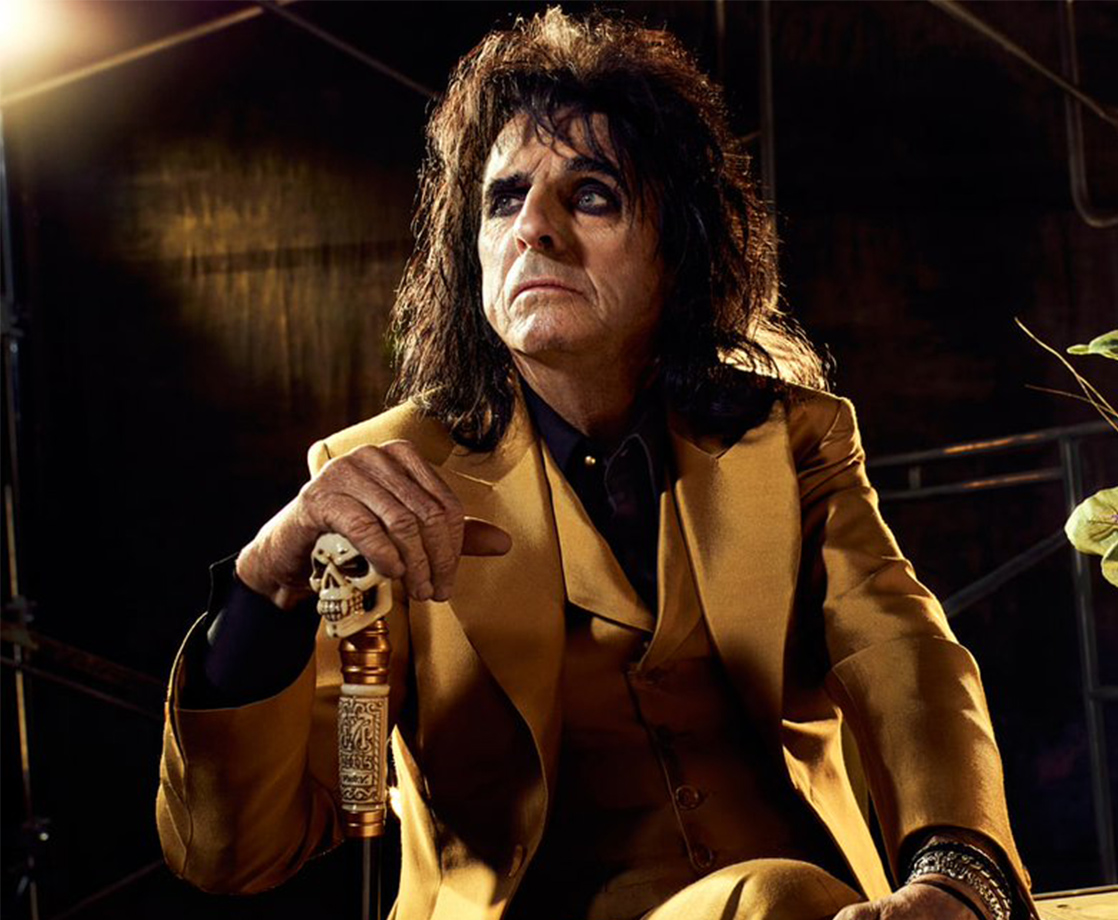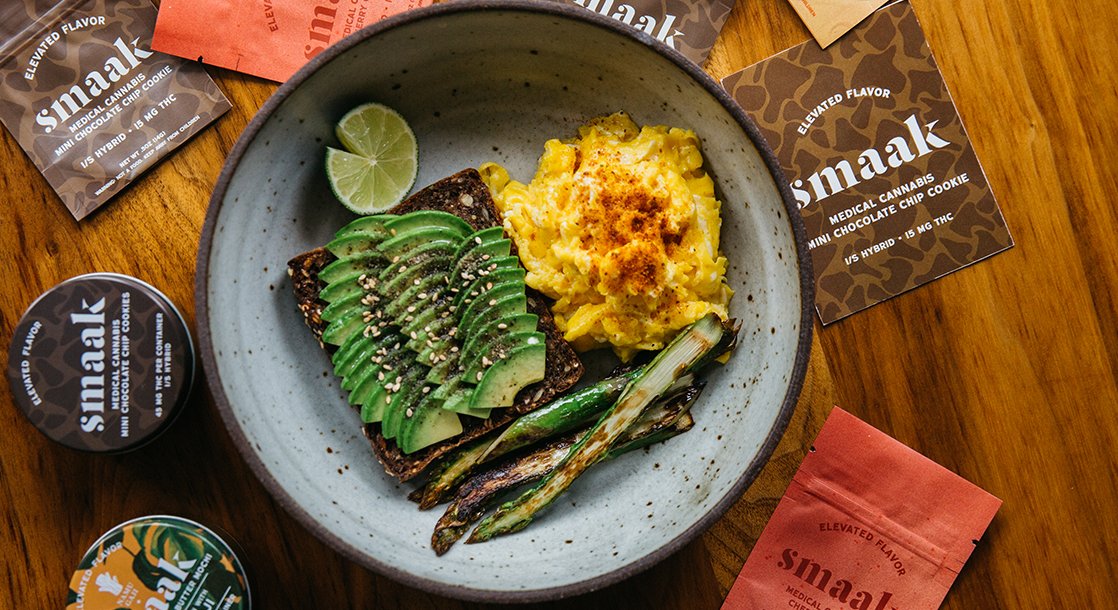All photos courtesy of David Rakower
While the original creator of the smoking game Zonk remains a mystery, here’s what we do know: fans report playing it as early as the 1970s, official rules were passed around in 1983, and college kids loved it. The objective was to get 10,000 points through dice rolls, and players would take a hit of marijuana each time they’d accrue 1000 points. Though many of us used to play the stoner sport, once we earned our diplomas and left life on campus, Zonk became a hazy, distant memory. Though iconic to many of a certain generation, Zonk is likely unfamiliar to the majority of millennials… until recently.
“I couldn’t believe that in a billion dollar legal cannabis space, most people had not heard of Zonk. It was mind-boggling to say the least,” says long-time Zonk enthusiast David Rakower, who decided to bring the underground game to the mainstream. Disbelief was the only motivation he needed to legitimize the game by packaging everything you need (sans cannabis) into a sophisticated set complete with rules, scoresheets, dice, a playing surface, and a glass pipe. His goal is to pay homage to the original game and culture while legitimizing it for 21st-century smokers.
Rakower’s been busy spreading the good word about the cult-classic to the masses, including a major marketing campaign aimed at dispensaries and smoke shops with the promise of maximizing revenue from flower purchases and smoking accoutrements, so long as they sell Zonk, too. When the industrious game developer is not converting new players at events like Jam Cruise and Fool’s Paradise, he’s delivering Zonk to notable musicians and comedians like Saturday Night Live’s Pete Davidson, 311’s Nick Hexum, Snoop Dogg, SOJA, Doug Benson, Derek Trucks, Lettuce, The Motet and Nikki Gillespie, to name a few.
Nostalgic for our college days when we’d get high with a side of dice, MERRY JANE caught up with David Rakower to reacquaint ourselves with the rules of Zonk and get a peek inside the process of bringing the once-popular tabletop game back into the limelight.











